A new report reveals a startling 19-month educational gap between disadvantaged pupils and their wealthier peers, with the divide worsening since the pandemic. Here’s the full story.
Disturbing Educational Trends
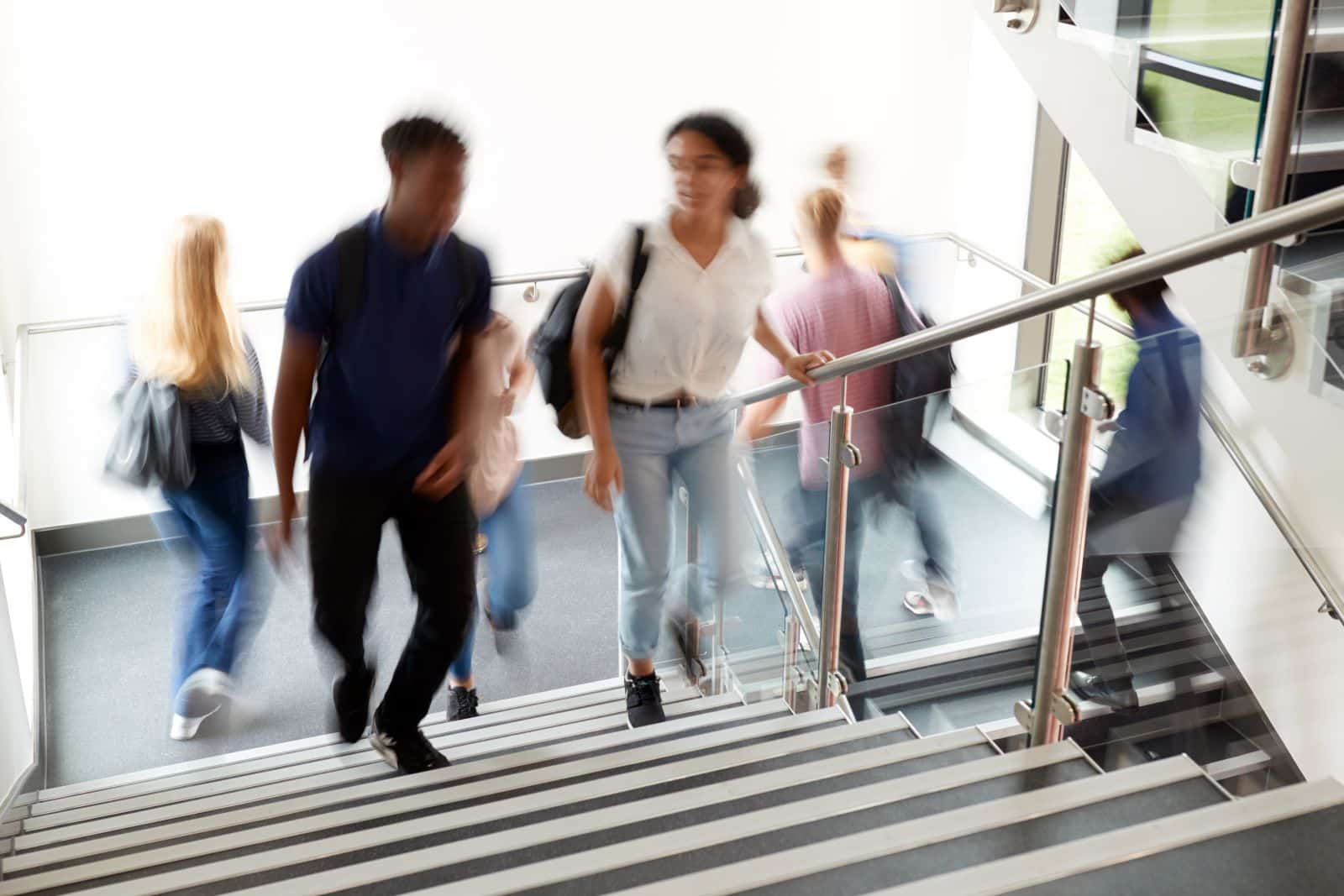
Recent studies have revealed a disturbing trend in the English education system: the educational attainment gap between poor and disadvantaged pupils and their richer classmates is growing.
Widening Disparity
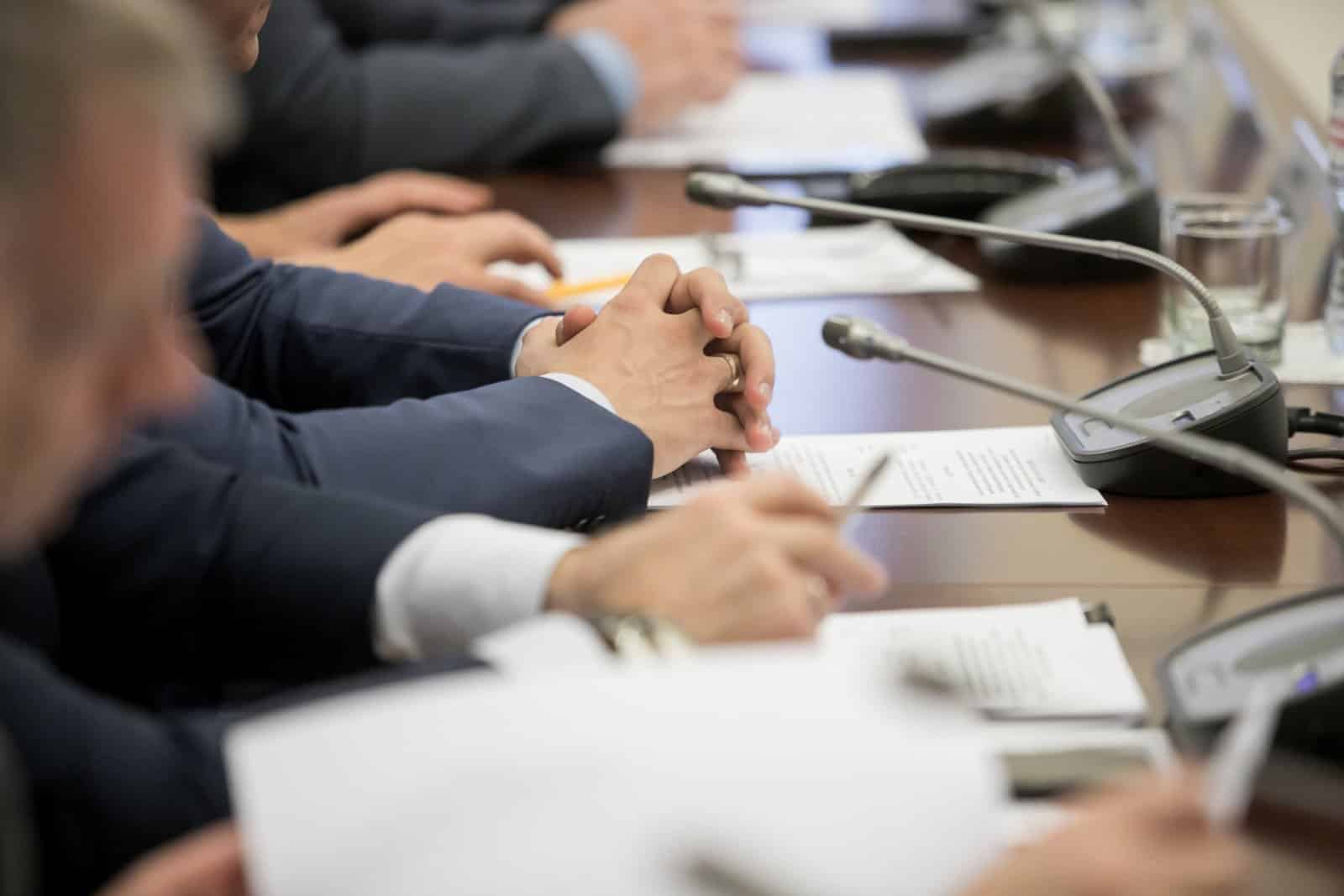
According to the Education Policy Institute (EPI), poorer students are now, on average, 19 months behind their more affluent peers by the time they complete their GCSEs. This disparity has worsened since the COVID-19 pandemic and during the tenure of recent Tory governments.
Stark Regional Disparities
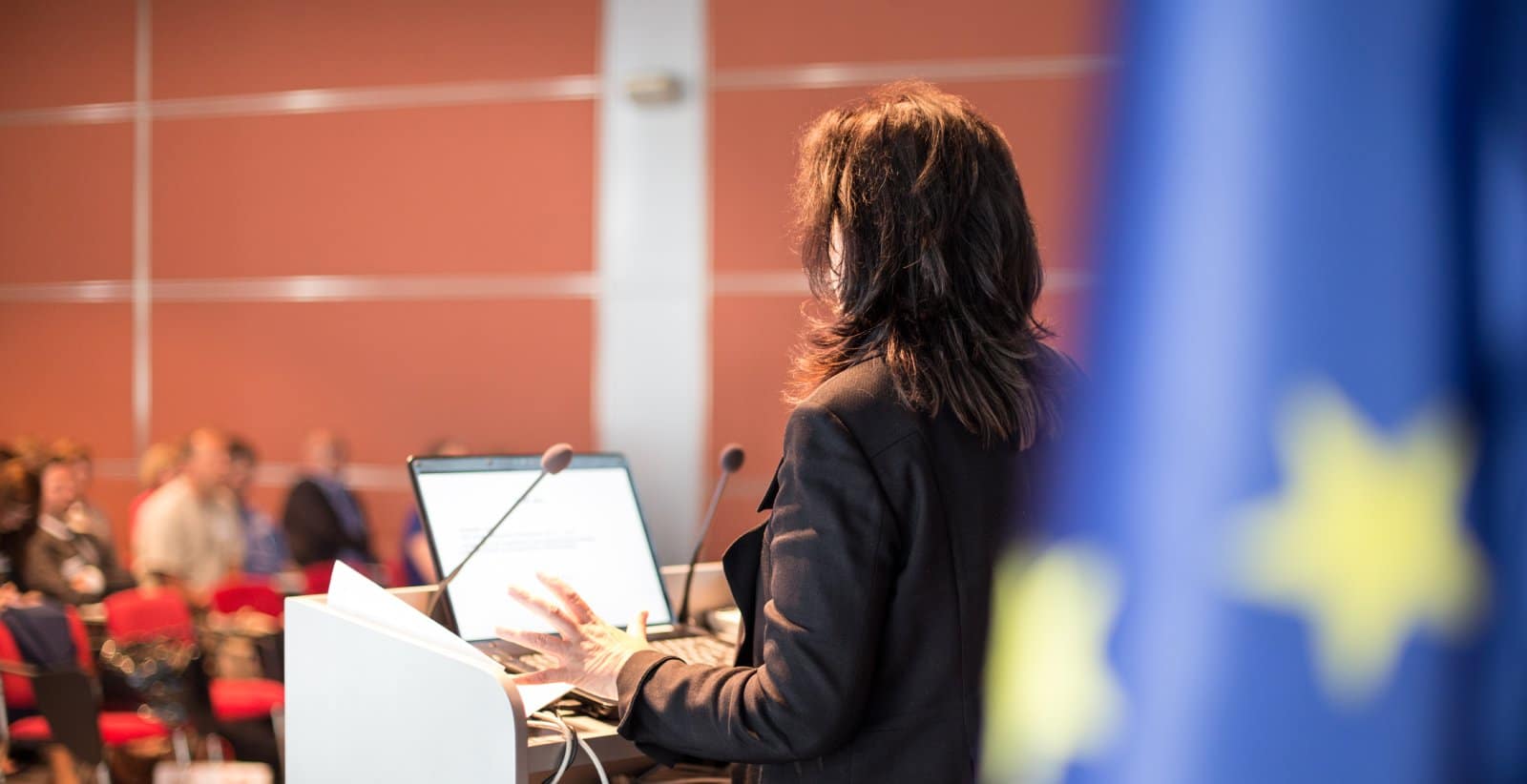
The EPI’s analysis has laid bare the stark regional disparities in educational outcomes nationwide. Disadvantaged pupils in London fare better than their counterparts in other regions, with an attainment gap of 10.4 months. Conversely, the gap is most pronounced in the South East (22.3 months), followed closely by the North West (21.7 months) and the North East (21.6 months).
Local Factors Crucial

This regional variation suggests that local factors, including funding levels and teacher quality, play a crucial role in educational outcomes.
Dire Situation for Persistently Disadvantaged
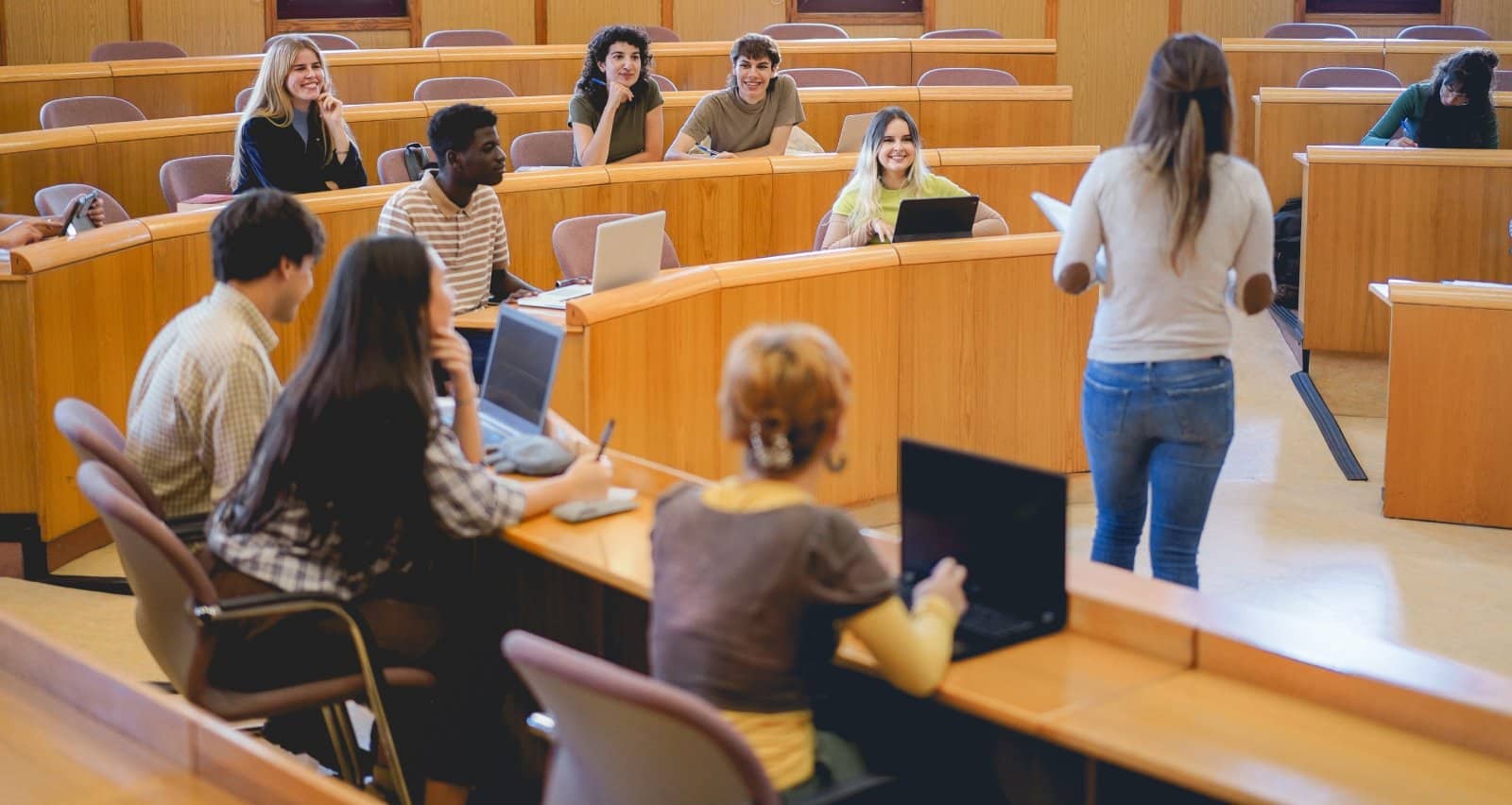
The situation is particularly dire for students classified as “persistently disadvantaged,” those eligible for free school meals for most of their schooling. These students lag nearly two years behind their wealthier peers by age 16.
National Tragedy

Paul Whiteman, General Secretary of the NAHT school leaders’ union, stated, “It is a national tragedy that under the last government, in many cases, the attainment gap between the most and least disadvantaged children widened, further entrenching inequality. Teachers and school leaders work hard to support pupils, but they alone cannot address the deep-rooted causes of poverty, and its consequences, including the damage it does to children’s learning and their attendance at school.”
Pandemic Impact

He added, “This was an issue even before the pandemic, exacerbated by the last government’s failure to invest enough in catch-up or vital support services, from social care and special educational needs, to mental health services.”
Economic Strain
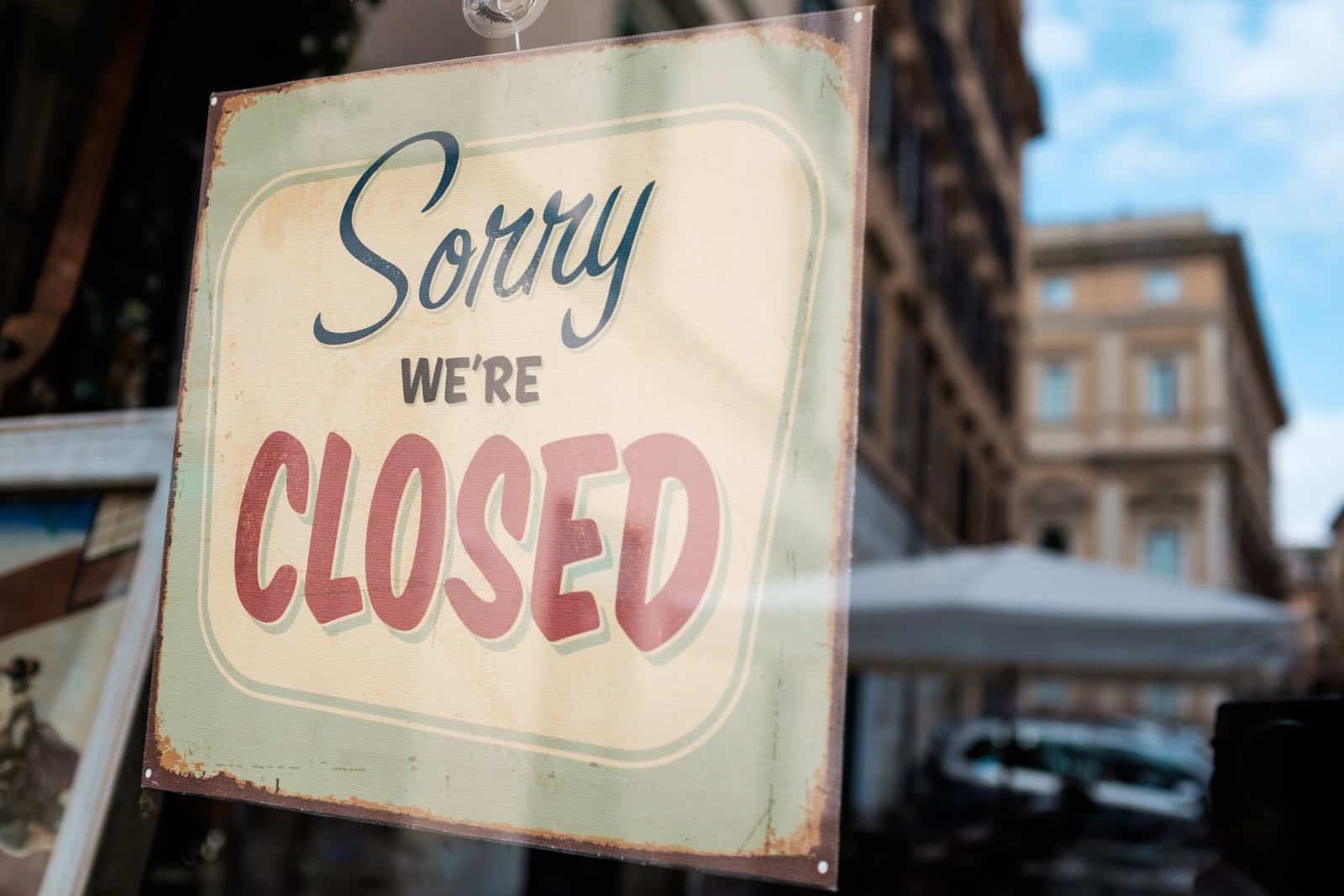
The COVID-19 pandemic has further exacerbated the already cavernous inequalities in the country. Lockdowns disrupted learning, and the economic crisis has further strained resources for disadvantaged families.
Diminished Life Chances
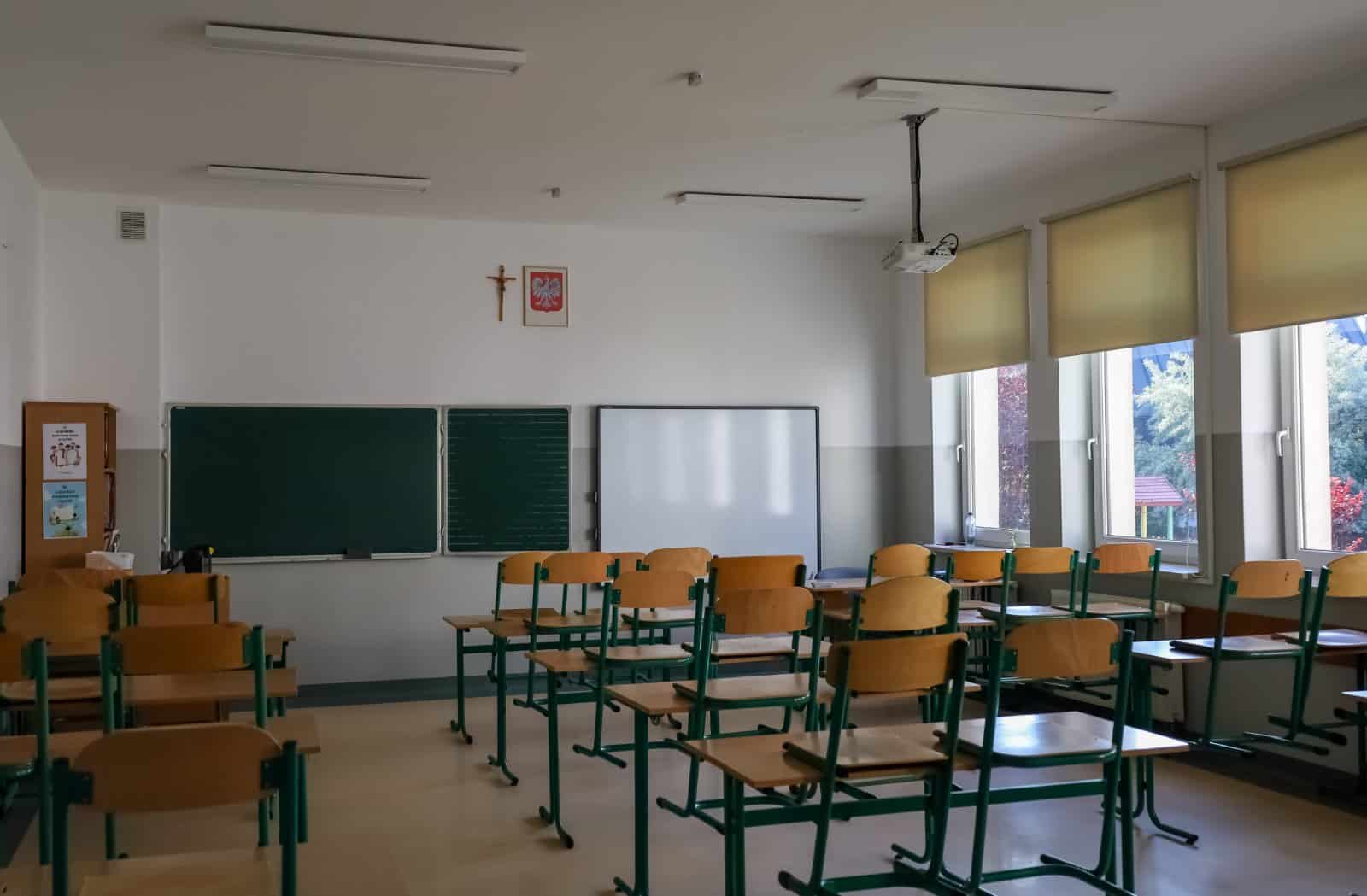
Pepe Di’Iasio, General Secretary of the Association of School and College Leaders, stated, “These statistics represent diminished life chances for many children and young people, deepening societal inequalities and hindering economic progress. Schools and colleges are striving to support all their students, but they are operating with insufficient funding and staffing.”
Narrowing Gender Gap

While girls continue to outperform boys in every educational phase, the gender gap has narrowed, with girls now only 4.5 months ahead of boys at age 16, down from 6.3 months in 2019. This change is attributed to improvements in boys’ attainment and a slight decline in girls’ performance.
Broadening SEND Gap
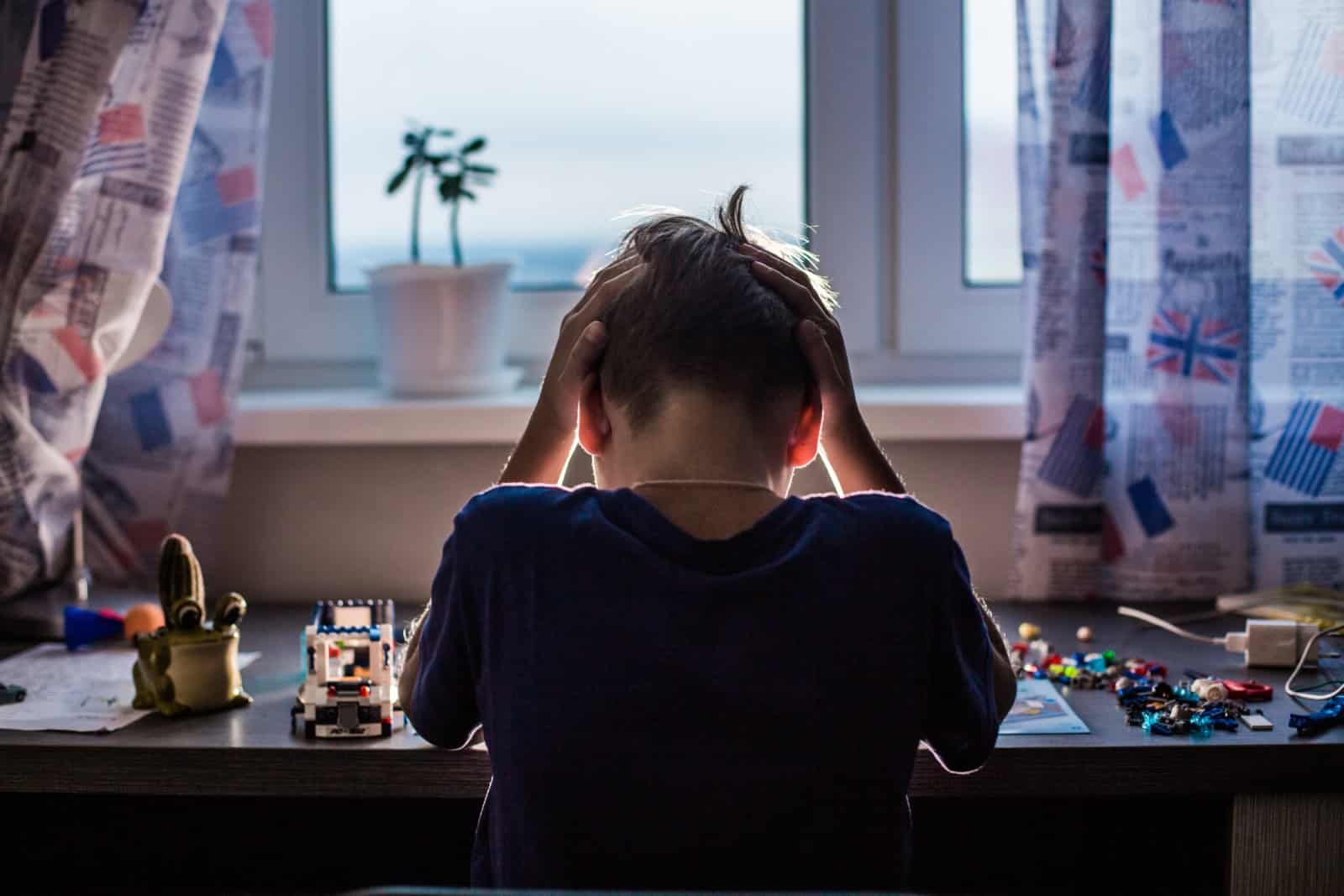
Additionally, the attainment gap has grown among reception-age pupils needing special educational needs and disabilities (SEND) support, reaching its broadest level on record for children requiring additional protection.
Government Response
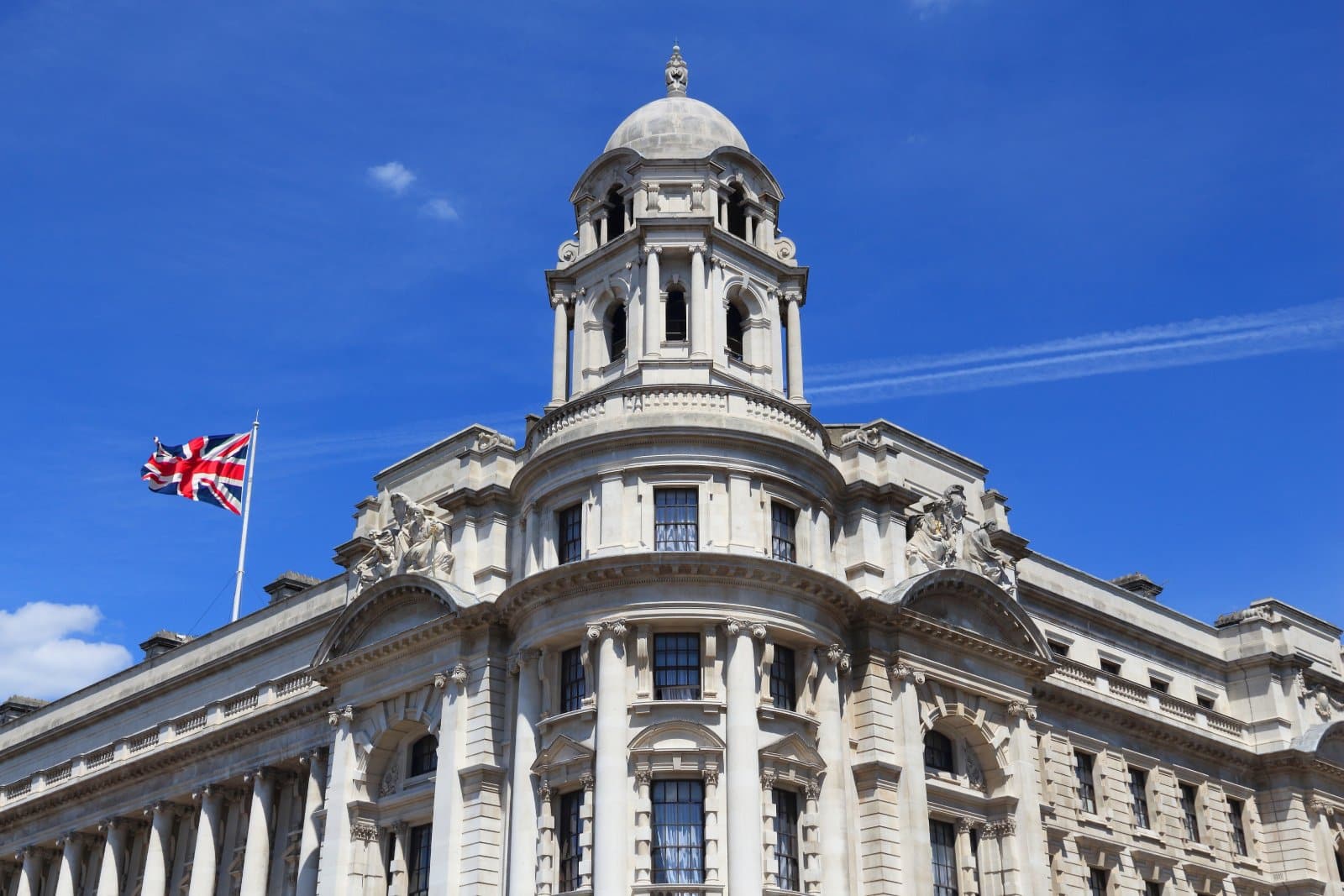
In response to these damning findings, Education Minister Catherine McKinnell stated, “It is this government’s mission to break down these barriers to opportunity so we can improve the life chances of all children. We will deliver real change by providing access to specialist mental health professionals in every secondary school, introducing free breakfast clubs in every primary, as well as developing an ambitious strategy to reduce child poverty so that families feel supported, and children are able to learn.”
Urgent Action Needed
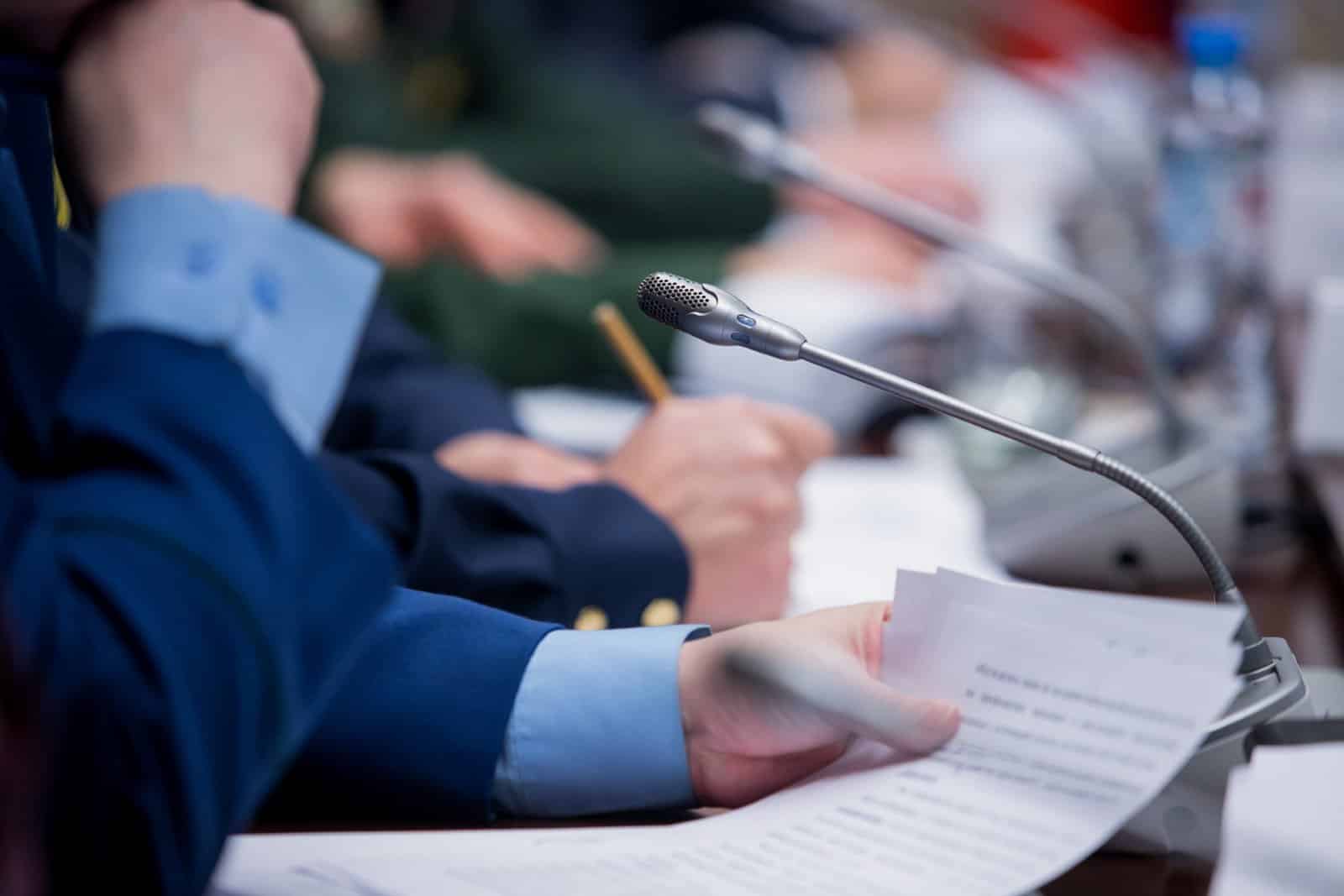
Experts like Natalie Perera, Chief Executive of the EPI, stated, “If the new government is to make real progress in tackling these inequalities it must adopt evidence-based policies and interventions with urgency. These should include higher levels of funding targeted towards disadvantaged pupils and a cross-government child poverty strategy to tackle the root causes of educational inequalities.”
Beyond the Classroom

The implications of this growing educational gap extend beyond the classroom. A YouGov survey for Unicef UK revealed that 87% of parents with children under five are concerned about their children’s future opportunities. Financial strain and mental health issues are prevalent among these families, with 38% of parents worried about school holidays due to economic pressures and a quarter resorting to borrowing to cover essentials.
Families Struggling

Joanna Rea, Unicef UK’s director of advocacy, stated, “Our findings show that families across the country are really struggling. The new government must immediately prioritise support for its youngest and most vulnerable citizens, starting with ending the two-child limit policy and removing the benefit cap.”
Indictment of Policies
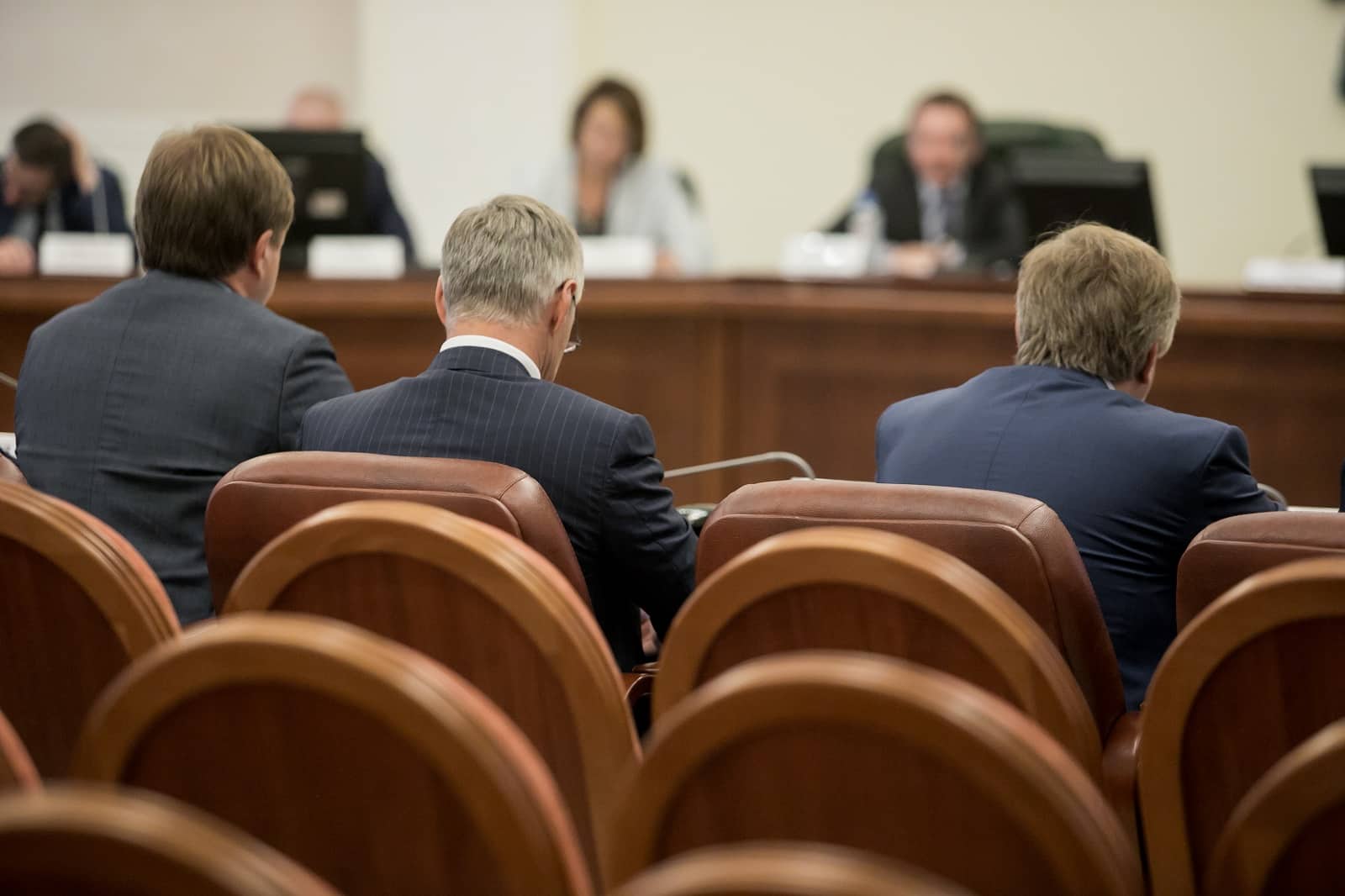
The widening attainment gap between disadvantaged and wealthier pupils in England is a damning indictment of the last few years of the Conservative government’s educational policies. Though the pandemic has undoubtedly affected outcomes, the cost of living crisis has placed undue strain on vulnerable families’ budgets, which trickles down to affect their children.
Future Uncertain
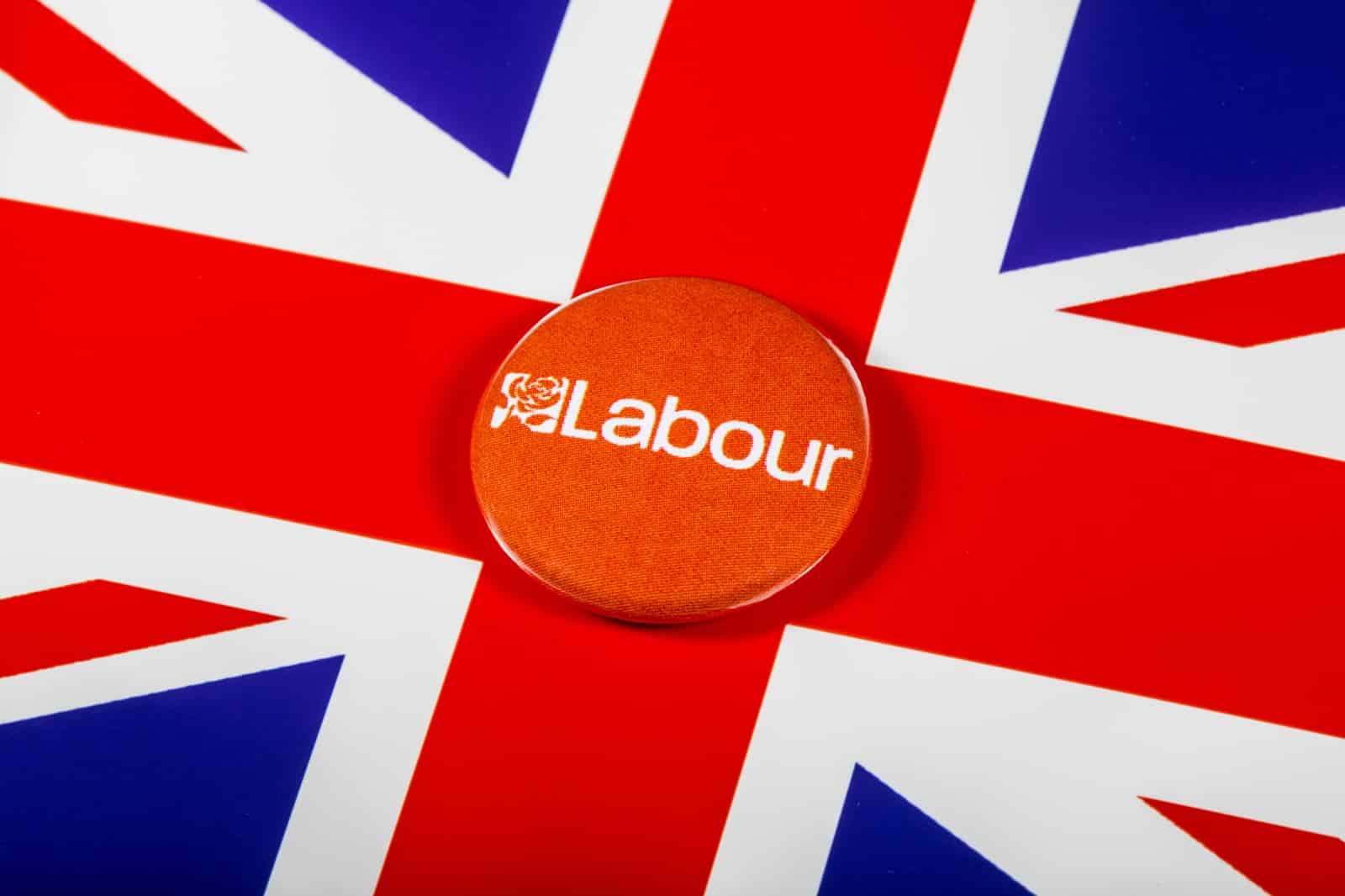
It remains to be seen whether the new Labour government’s policies will help to close this educational gap or if poorer children will be left to tackle the consequences of the attainment gap alone.
Russia Retreats as Western Allies Greenlight Ukraine’s Offensive

Recent Russian territorial gains in Ukraine could be reversed following a dramatic policy change from the US and Germany. The announcement could see a substantial tactical shift from both sides in the coming months. Russia Retreats as Western Allies Greenlight Ukraine’s Offensive
21 Lies You’ve Been Told About the British Royal Family

Ever thought you had the British Royal Family all figured out? Think again! From their powers and privileges to their personal lives, there are plenty of misconceptions floating around. Let’s dive into the myths and uncover the truths that might just surprise you. 21 Lies You’ve Been Told About the British Royal Family
18 Nations Tired of British Tourists

British tourists are known for their high spirits and adventurous nature, but not all countries appreciate their presence. Here’s a candid look at 18 countries where British tourists might not be as welcome as they think. 18 Nations Tired of British Tourists
Featured Image Credit: Shutterstock / diignat.

